Lochaber Chamber of Commerce says the region could double the size of its population if it addresses the chronic shortage of housing in the Highlands – by building up.
Chamber CEO Frazer Coupland recently returned from an international trade mission to Nova Scotia on the eastern Canadian seaboard where he witnessed at first-hand how remote communities are looking to ambitiously increase their population, including housing people in high rises.
On the sidelines of the Lochaber Chamber of Commerce Ideas Week in Fort William whose opening ‘Place, Housing and the Future’ session discussed the recent Housing Needs Assessment survey, carried out by 56 Degree Insight, Mr Coupland told the Press and Journal about his Canadian experience and how it could translate to the Highlands.
The Lochaber Chamber of Commerce CEO met the Premier of Nova Scotia, Tim Houston who told him about ambitious plans to raise the population of the province from its current 1.1m to 2.5m by 2050.
The chamber head has a more modest goal to more than double Lochaber’s population to 20,000 in 20 years.
He said: “I firmly believe if we can’t get access to the land then we have to make the decision to build up – the tallest building in Fort William is four storeys.”
High-rise buildings in the past have sometimes tended to translate into shorthand for crime, deprivation and social issues, but Mr Coupland insists times have moved on.
It’s working all over the world – why not the Highlands?”
Lochaber Chamber of Commerce CEO Frazer Coupland
“A lot of people hark back to the past,” he said adding: “However, technology management has all changed. It (high-rise) is working all over the world – why not the Highlands?
“But if I put in a plan tomorrow for a 12-storey building, they would laugh me down the street. We have challenges of availability on the ground, but we have a good amount of airspace. I am not suggesting we build another Toronto but can build environmentally sensitively.
“You are not going to get it bang on for everybody, but we have to embrace innovative technology.”
One of the particular challenges for the Lochaber area is the topography of the land, which has a significant proportion of rock and peat compared to other regions, adding major cost to building projects.
Addressing the housing session, TSL Contractors company principal Andy Knight said: “The topography is difficult because the low-lying area is peat and the hillsides are peat and rock. It is totally different to building somewhere in the Central Belt.
“I would say for the more difficult sites it is as much as a 50% (cost) increase. What you might build for £200,000 in the Central Belt could cost £300,000 (here).”
One of the key problems facing the Lochaber Chamber is the need for far greater short-term, basic accommodation for workers, with three-quarters of businesses in the survey saying the issue would become worse if not urgently addressed.
“We need land released,” said Mr Coupland adding: “We need utility companies to put in infrastructure to get the working population of Lochaber from 6,000-7,000 up to 20,000 in the next 20 years.
I don’t want to be the finest retirement town in the Highlands”
Lochaber Chamber of Commerce CEO Frazer Coupland
“Every business I speak to on a daily basis can’t get staff or get houses. There is a need for mid-market renting, affordable buying as well; as a community we have to work out how to provide that. I certainly don’t want to be the finest retirement town in the Highlands by 2050.
“I am not an unrealistic optimist but I am also not a pessimist.”
Of the 126 businesses contacted by 56 Degree Insight on behalf of the Lochaber Chamber, two-thirds said they are currently experiencing problems recruiting or retaining existing staff, while 62% have offered a job to an individual who has decided not to take the role.
On average, one in four people offered roles do not take up the offer, with a lack of housing in the area and/or transport from the place they live is the most commonly recorded reason.
A lack of accommodation is seen as one of the main causes of recruitment issues with 80% saying a shortage of accommodation is impacting on their efforts to recruit staff.
The majority of survey respondents expect recruitment issues caused by the accommodation shortage to worsen in future if no action is taken. Roles with the most difficulty in recruiting were chefs, catering and kitchen staff, while perhaps surprisingly management positions were equally problematic to fill.
The survey also noted the difficulty for young people on modest wages securing a place on the housing ladder. Someone with a £20,000 salary for example could borrow around £80,000 through a mortgage but the average house price in Fort William is £187,000.
Mr Coupland noted: “Because of our population density we have to be a bit smarter than the average bear to get things done. We face all the challenges we know about, not least of all, housing which is top of the menu.”
‘Cost of building new homes has shot up’
Highland Council head of development and regeneration Alan McGuire echoed a common theme at the housing session of Lochaber Ideas Week, namely the difficulty of securing space to build.
He said: “The biggest single constraint is economic land supply in Lochaber – it is rock and peat and the peat can be 15ft deep in some areas.
“A lot of businesses used to build their own employee homes – there are far fewer now. The cost of building new homes has shot up beyond anyone’s expectations and there is a limitation in attracting contractors to the area.
“There is a lack of private developers despite the fact we got rising prices in Fort William. Social infrastructure is a problem, we need to build schools and surgeries while the pre-construction process takes far too long.
“It takes us four years to build houses which is an absolute nonsense. Zero carbon targets – everybody agrees we need to do more but there is a huge cost in the construction industry to go there.”
As well as the ‘Place, Housing and the Future’ session, Lochaber Ideas Week will also feature aquaculture, food and drink as well as tourism.
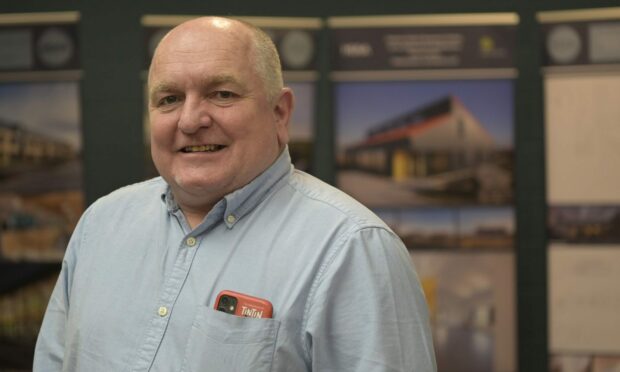
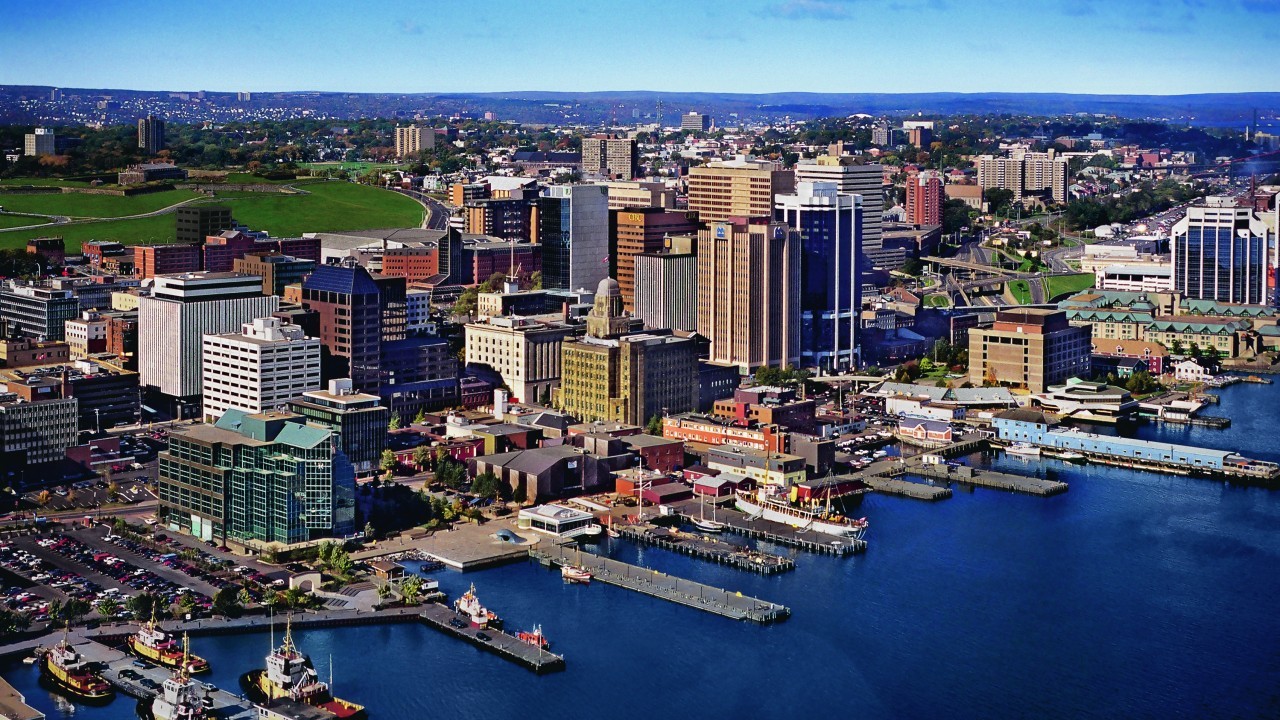
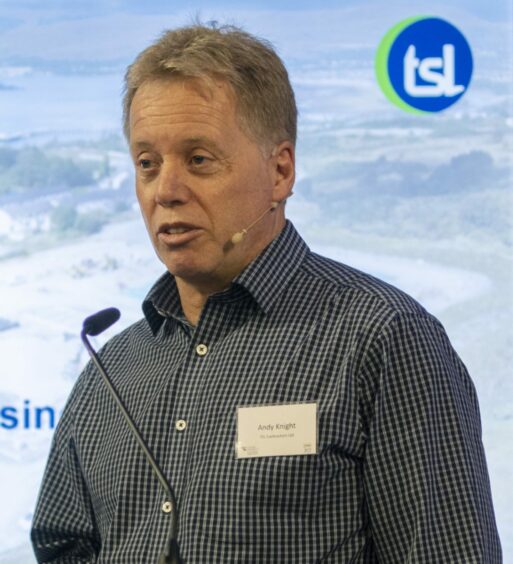
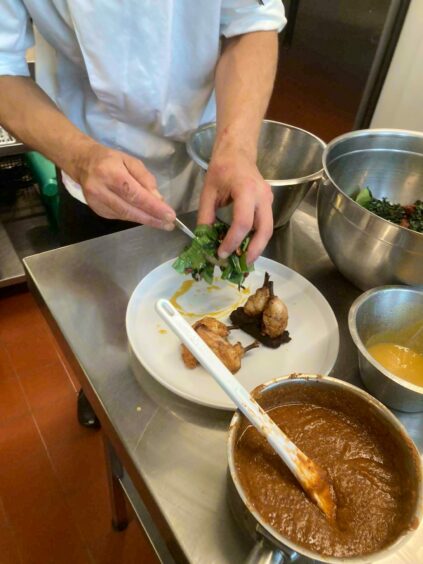
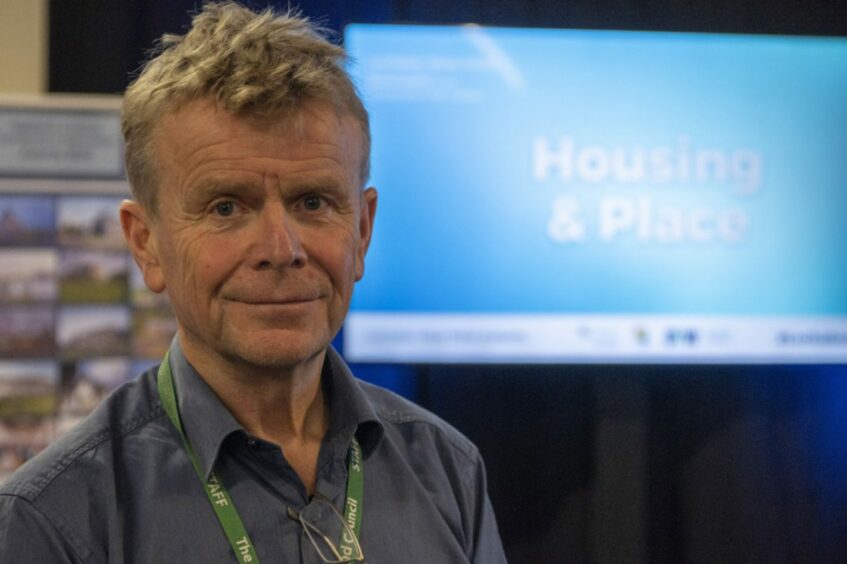
Conversation